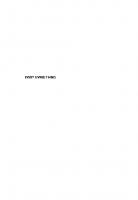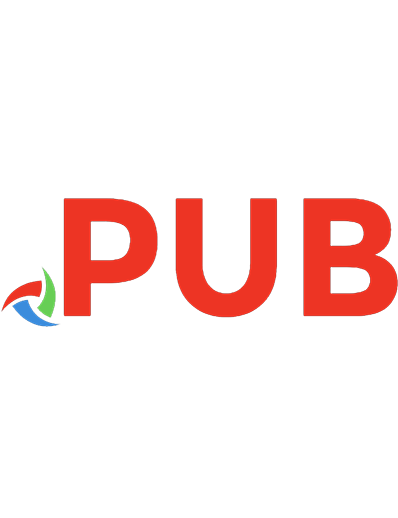Hume's Philosophy of Common Life 9780226487151
An important book on Hume's Philosophy
568 105 23MB
English Pages 392 [383] Year 1984
Polecaj historie
Citation preview
Philosophy of Common Life Donald W. Liviη~stoη
The University of Chicago Press . Chicago and London
The University of Chicago Press , Chicago 60637 The University of Chicago Press , Ltd. , London 。 1984 by The University of Chicago All rights reserved. Published 1984 Paperback edition 1985 Printed in the United States of America 9493 9291 908988 87 8685 65 4 3 2 Library
01 Co哩ress Catal,哩i哩 in Publiω10η Data
Livingston , Donald W. Hume's philosophy of common life. Bibliography: p. Includes index. 1. Hume , David , 1711 一 1776. 1. Title. B1498.L58 1984 192 83-18227 ISBN 0-226-48714-8 (cloth) ISBN 0-226-48715-6 (paper)
For Jenny and Mary Margaret
J
J J J J J J J J J J J J J J J J J J J J J J J J J J J J J J J J J J J J J J J J J J J J J J J J J J J J J J J J J J J J J J J
Coη teη ts
PREFACE
ix xiii
LIST OF ABBREVIATIONS
vlN TRODUCTION
X
POST-PYRRHONIAN PHILOSOPHY
~' HUME AS DIALECTICAL THINKER
~ HUME'S FIRST PRINCIPLE
5. 6.
9
34
60
TIME AND THE MORAL WORLD CAUSAL EXPLANATION IN SCIENCE AND
150
METAPHYSICS
7. CAUSAL EXPLANATION IN THE MORAL SCIENCES 187 8. HISTORICAL UNDERSTANDING
9.
CORRECTING NARRATIVE jUDGMENTS
10. METAPHYSICAL REBELLION
11.
210
272
POLITICS AND PROVIDENTIAL HISTORY
12. CONSERVATISM NOTES
343
BIBLIOGRAPHY INDEX
306
359
367 Vll
247
285
Pγ'efiα ce
In this book 1 present a comprehensive interpretation of Hume's philosophy based on all ofhis writings , historical as well as philosophical. But even a general study must be selective and projected from a certain point of view~ This study differs from others in that it views Hume's philosophical and historical work as mirrors to each other. 叽That we find of significance in the work of a philosopher very much depends on the questions we as k. The questions usually put to Hume's work are epistemological ones which typically suppose natural science to be the paradigm of knowledge. This has been a fruitful approach to understanding Hume but it is not the only one that can be taken. Hume , like VicQ , wa创s working towards a reform in philosophy that takes hi 让ISωtωo~L.= 飞J.~ 孕川旦&旦 no叹但t卫熙!斐耳咽 1阴何堕吧叨 F堕ι1旦骂到 安纣 1吏阴哑 咂E安旦鸟坠弘:坦江 江)J"丸,川 !足而 q E日 丑丽画面函豆 I ω 飞石司 3元'f)S优巳叮町 r町 ve 创s in the Introduction to the Treatise ~旷 fHuman 入Tature , the ultimate science is the science of man , for even "Mathematics , Natural Philosophy , and Natural Religion , are in some measure dependent on the science of Man; since they lie under the cognizance of men , and are judged of by their powers and faculties" (xv). Although it does , and must have , certain affinities with natural science , Hume's science of man is primarily a historical science. Consequently , the questions 1 have put to Hume's work in order to understand the significance of his philosophical achievement are projected not from the philosophy of science but from the_philosQ卫hy_ of l}igQJJ'. How does Hume think about the reality of time? What , on Hume's theory of concept formation , is the meaning of statements purportedly about the past? What is the nature and limit of historical 叫3 旦艾R 恰?芒t 豆?更咀; i 仲 the 旦旦s芒tat 纠 us旦旦‘,'-









![America and the Political Philosophy of Common Sense [1 ed.]
0826218733, 9780826218735](https://dokumen.pub/img/200x200/america-and-the-political-philosophy-of-common-sense-1nbsped-0826218733-9780826218735.jpg)
